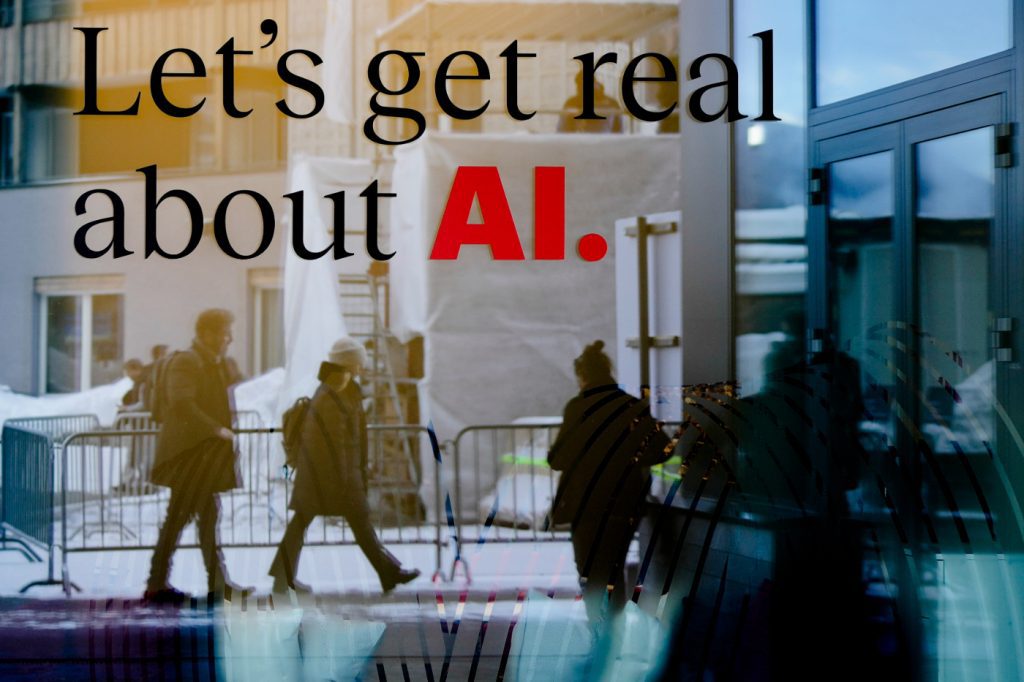Goldman Sachs chief economist Jan Hatzius predicted that AI could significantly impact certain job sectors, but he believes that the technology will ultimately contribute to economic growth over time.
When asked last week by CNN’s Matt Egan if he sees AI as a job “creator” or “killer,” Hatzius stated, “Well, I see it has a productivity enhancer. It will reduce employment in some areas; I mean, there will be parts of the labor markets where tasks can be replaced to a degree.”
“But then you will also find other ways of innovating and creating more jobs somewhere else,” he noted. “I mean, this is the story of economic growth and innovation for hundreds of years that you have an innovation that is basically labor saving and that reduces employment in some areas, but then boosts it in others.”
Hatzius said while it is difficult to pinpoint AI’s impacts in the short term, he is “much more confident” the emerging technology will “significantly add to growth over time by basically boosting productivity growth.”
“We have actually lifted our long-term growth estimates somewhat in part because of the impact of AI,” he added.
As AI continues to advance in its capabilities, so do fears about the emerging technology taking human jobs, recent studies suggest. According to a report published in December by the Top10.com, 1 in 4 Americans are “somewhat worried” AI will take their job, while for about 1 in 50, this is already a reality.
These concerns appear to have risen compared with previous years. According to a Gallup poll released last fall, about 22 percent of surveyed U.S. workers said they worry their jobs could be no longer needed due to technology. This was up 7 points from 2021, per Gallup.
Congressional leaders have also sounded the alarm on the potential risks of AI, hosting a series of hearings and forums on the emerging technology over the past year.









